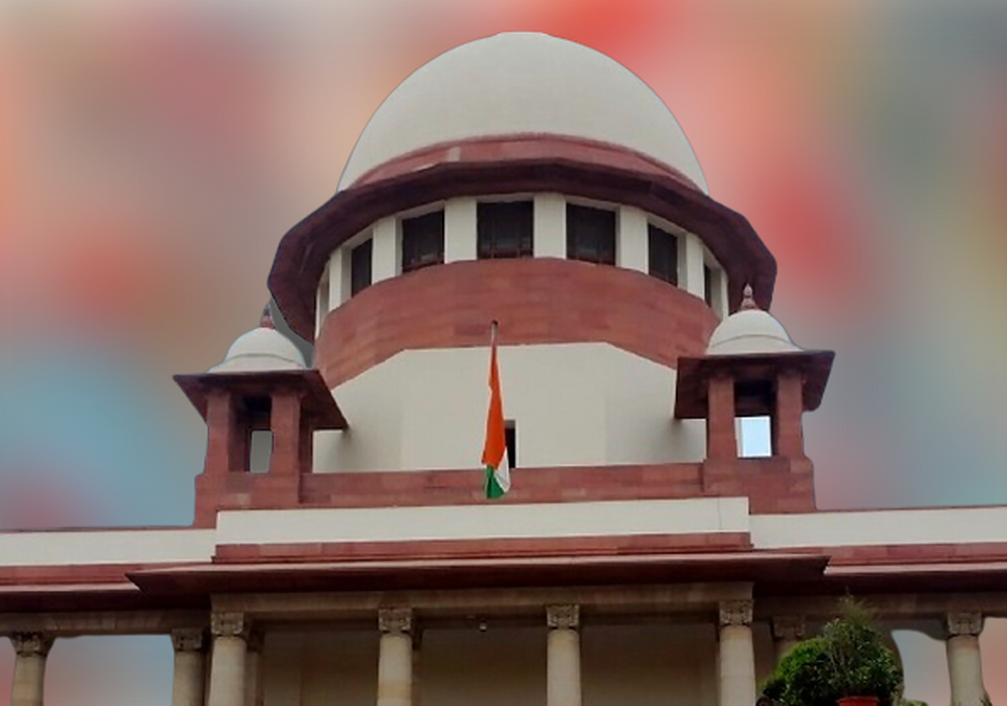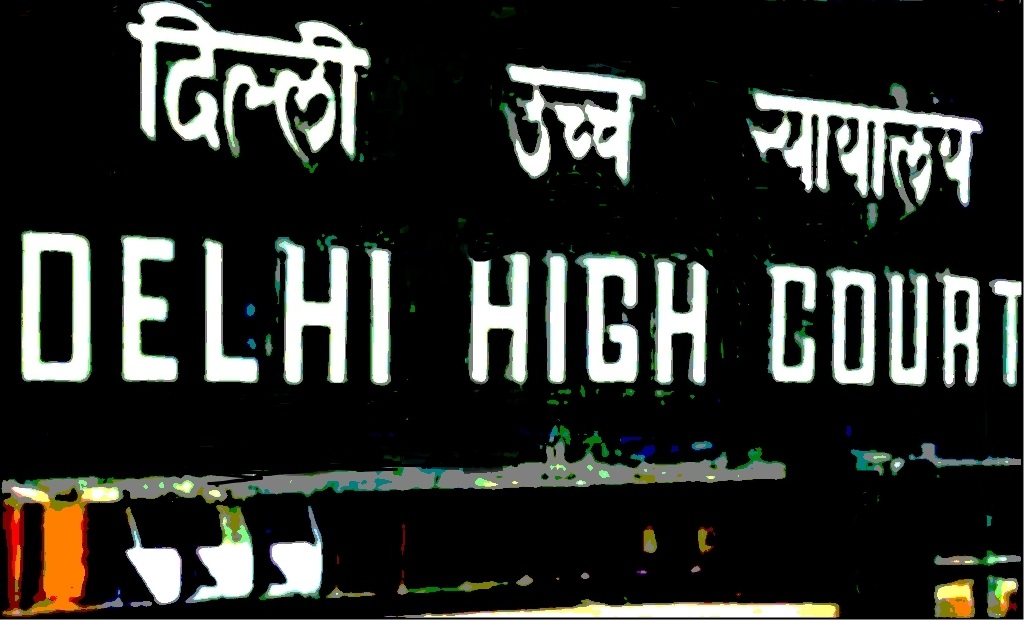In Civil Appeal No. 4833 OF 2022-SC- In Haryana, Court in second appeal is not required to formulate substantial question of law as Section 41 of Punjab Courts Act, 1918 is applicable in State
Justices Uday Umesh Lalit, S.Ravindra Bhat & Sudhanshu Dhulia [17-08-2022]

Read Order: SATYENDER AND ORS Vs SAROJ AND ORS
Mansimran Kaur
New Delhi, August 18, 2022: The Second Appellate Court is not a forum where the court has to re-examine or re-appreciate questions of fact settled by the Trial Court and the Appellate Court, the Supreme Court has observed.
The Larger bench of Justice Uday Umesh Lalit , Justice S.Ravindra Bhat and Justice Sudhanshu Dhulia disposed of the present appeal that stemmed from the judgment passed by the High Court of Punjab and Haryana in a second appeal of 2009 which was partly allowed by the High Court.
The Bench was of the view that the Legislature permits the institution of a counterclaim, in order to avoid multiplicity of litigation, however it does have certain limitations such as that the counterclaim cannot exceed the pecuniary limits of the jurisdiction of the court, and such counterclaim must be instituted before the defendant has delivered his defence or before the time limit for delivering his defence has expired. More importantly, such a counterclaim must be against the plaintiff.
The case emerged from the proceedings initiated by the plaintiffs for declaration and possession on agricultural land. Suit was filed by the plaintiffs, claiming to be owners of the property. Their case was that the second defendant was their tenant who had sub-let the land to his son, the first defendant, without the consent of the plaintiffs/landlords and hence, the two defendants were liable to be evicted and the possession of the land was to be handed over to the plaintiffs.
The plaintiffs additionally had built their case on an assertion that the land was earlier in possession of one Ram Kaur on which Ganpat Rai, the father of the second defendant was the tenant. Ganpat Rai surrendered his tenancy of the disputed land to Ram Kaur in 1976. Later in the year 1994, the plaintiffs had won a suit against Ms. Ram Kaur and the land which is the subject matter of the present dispute now belonged to them, hence they had stepped into the shoes of Ms. Ram Kaur and were now the owners of the property.
The suit was ultimately dismissed by the Trial Court on the findings that the plaintiffs could neither prove their right on the property, nor could they prove the fact that the second defendant had created a sub-tenancy in favour of his son, i.e., first defendant. The counter claim set up by the second defendant was decreed. Thereafter, the first appeal filed by the plaintiffs was also dismissed by the Appellate Court.
The matter was taken into second appeal by the plaintiffs. The second appeal of the plaintiffs was partly allowed. In view of the same, the defendants approached the present Court.
The first ground raised by the counsel for the appellant/defendant before this Court was that the High Court while deciding a second appeal did not formulate any substantial question of law, which was an essential requirement under Section 100 of the CPC.
In view of the same, the Court noted that the plaintiffs had claimed right over certain agricultural land and their case was that the second defendant was their tenant, who had sublet the property in favour of his son (first defendant) and therefore, the property should be reverted back to the plaintiffs and they should be declared the owner and should be given the possession of the property as well.
With respect to the finding of the Second Appellate Court in pursuance of the Counterclaim, the Court noted, “…Legislature permits the institution of a counterclaim, in order to avoid multiplicity of litigation. But then it does have certain limitations such as that the counterclaim cannot exceed the pecuniary limits of the jurisdiction of the court, and that such counterclaim must be instituted before the defendant has delivered his defence or before the time limit for delivering his defence has expired. More importantly, such a counterclaim must be against the plaintiff.” Evidently, in the present case the counter claim was not against the plaintiffs.
Clarifying that it was not necessary for the High Court to formulate a substantial question of law, the Bench said, “Furthermore, State of Haryana formally adopted the laws of the erstwhile State of Punjab, under Section 89 of the Punjab ReOrganisation Act, 1966. Therefore, in the State of Haryana a court in second appeal is not required to formulate a substantial question of law, as what is applicable in Haryana is Section 41 of the Punjab Courts Act, 1918 and not Section 100 of CPC.”
Moreover, as the plaintiffs had not claimed any right over the property, certain plots were not even a part of the suit property described in the plaint by the plaintiffs. Despite the same, such a claim was allowed against the plaintiffs, the Court further noted. Thus, in light of the observations stated above, the Court noted that such a counter claim should have been excluded in terms of Order VIII, Rule 6C of the CPC. Suffice it is to state that the counterclaim set up by the defendants was rightly rejected by the High Court, the Court stated.
Hence, the judgment and order passed by the High Court to the extent that it decreed the claim of the plaintiffs on the plots in question, was set aside and the appeal was disposed of accordingly.
Sign up for our weekly newsletter to stay up to date on our product, events featured blog, special offer and all of the exciting things that take place here at Legitquest.




Add a Comment